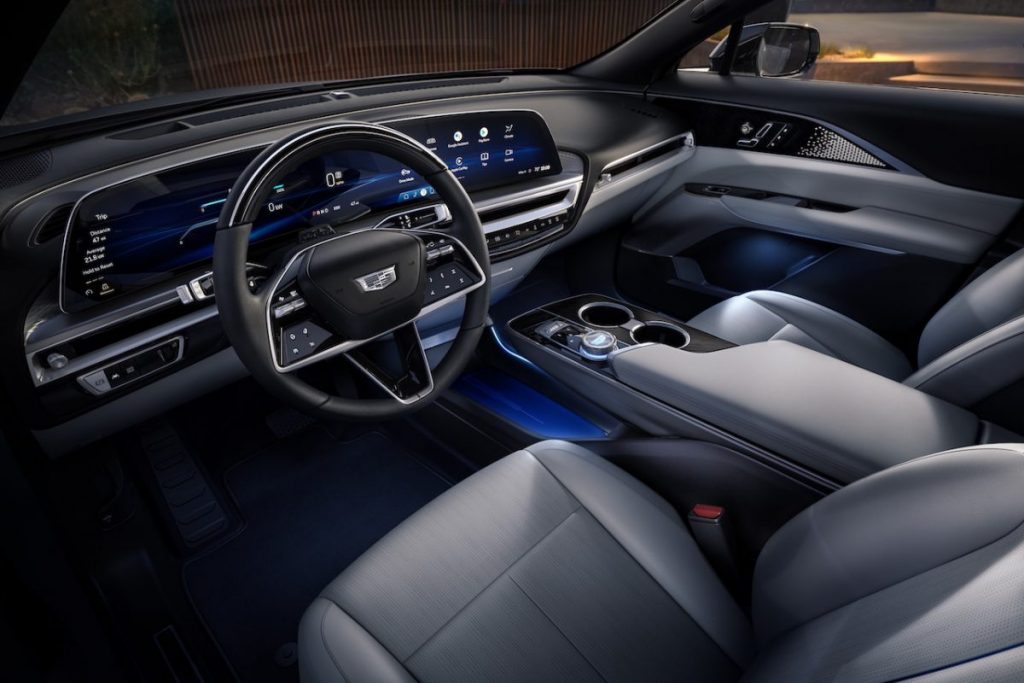A scarcity of components can impact the operations of any manufacturer, but the chip crisis has been a little different to typical supply chain disruptions. While exacerbated by obvious pandemic-related issues, it is ultimately a result of the move toward smarter devices in virtually all industries. The automotive sector is but one of these competing for chips, and the current crisis will roll on until everyone’s needs are met.
The shortage could not have come at a worse time. Some might be further along than others, but all automakers are now in the process of rolling out new generations of electric, connected and partially automated vehicles. General Motors, in particular, has made much fanfare of its new Ultium platforms that will underpin models such as the fully electric Lyriq and Hummer SUV.
The analogy that modern cars are smartphones on wheels is now outdated; they are in fact becoming supercomputers on wheels. This means that once niche, low-volume features are moving into the mass market in huge numbers. It is no coincidence that the chip crisis hit during this transition.

Even with
Subscribe to Automotive World to continue reading
Sign up now and gain unlimited access to our news, analysis, data, and research
Already a member?
